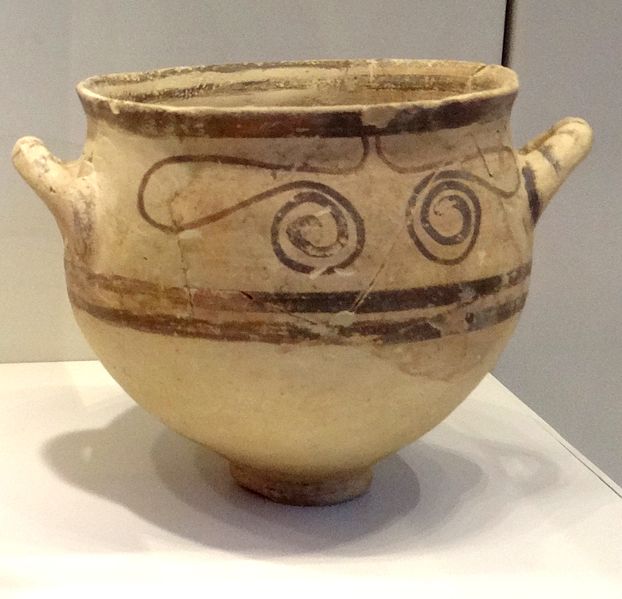12 May. God chooses inspirational leaders to save his people
“Then the LORD chose leaders called judges, who saved the Israelites from the robbers [the Canaanites and Philistines]. But the Israelites did not listen to their judges. They were not faithful to God but worshipped other gods instead. Their ancestors had obeyed the LORD’s commands, but they quickly turned away and did not obey.”
“When their enemies hurt them, the Israelites cried for help. So the LORD felt sorry for them and sent judges to save them from their enemies. The LORD was with those judges all their lives. But when the judges died, the Israelites again sinned and worshipped other gods. They became worse than their ancestors.”
“The Israelites were very stubborn and refused to change their evil ways. So the LORD became angry with the Israelites. He said, ‘These people have broken the [Covenant] agreement I made with their ancestors. They have not listened to me.’”
“'I will no longer defeat the nations who were left when Joshua died [the Jebusites, Amorites and Philistines]. I will use them to test Israel, to see if Israel will keep the LORD’s commands as their ancestors did.’ In the past the LORD had permitted those nations to stay in the land. He did not quickly force them out or help Joshua’s army defeat them.”
(Judges 2:16-23)

For nearly four hundred years following the invasion of Canaan in c.1406BC, Israel was a loose confederation of self-governing tribes. Far from being a strong and unified nation, the new Israelite inhabitants of Canaan consisted of scattered groups of tribal clans, often separated from each other by rival settlements of Canaanites, Amorites and Philistines who had occupied the area before the arrival of the Israelites.
The ‘conquered’ land of Canaan remained dotted with ‘enemy’ strongholds such as Jebus (Jerusalem), Gezer and Megiddo, and the Philistine cities of Gaza, Gath, Ashkelon, Ashdod and Ekron were little more than a short march away on the coastal plain (see the map on 10 May).
Frequently the rival groups clashed, and often the Philistines and Canaanites became dominant, demanding subservience from the Israelites. Throughout this period, intermarriage between the Israelites and their neighbours was common.
The one thing that should have united the Israelite tribes was their common worship of Yahweh, the God of Israel, but the Bible blames the failure of the Israelites to defeat their neighbours on intermarriage and the assimilation of foreign customs – including the worship of foreign gods.
During particularly difficult times of subjection and hardship, God raised up inspirational leaders who cajoled the Israelites into concerted action against their powerful neighbours. These leaders – strong characters such as Othniel, Deborah, Gideon, Jephthah and Samson – became known as ‘judges’.
The term is misleading, however, as while these leaders no doubt dispensed justice within their own local area, they had no jurisdiction over the other tribes of Israel. Even Samuel, the last and probably the most powerful of the ‘judges’, confined his ‘judge’s circuit’ to ‘sittings’ at Ramah, Bethel, Gilgal and Mizpah – all within a 15 mile / 24 km radius of his home in the central hill country of Ephraim, north of Jerusalem (see 1 Samuel 7:15-17).
The photo (by Hanay) shows a Philistine drinking bowl discovered at Ekron.
You can read more about the Judges @ https://www.thebiblejourney.org/biblejourney2/28-the-israelites-face-continuing-opposition/god-appoints-inspirational-leaders/
